We strive to improve the lives of forcibly displaced persons through evidence-driven action, inclusive policies, and data-informed decisions that shape impactful humanitarian and development solutions.
current activities
datasets produced
national surveys and censuses supported
analytical products supported
Our reach
Analysis

Lebanon MICS – Sub-National Statistical Snapshots 2023
EnglishThe Sub-National Lebanon Multiple Indicator Cluster Survey 2023 provides detailed data on the living conditions of children and women, with a focus on settlements of displaced Syrians and camps of Palestinian refugees. The survey covers a wide range of areas,...
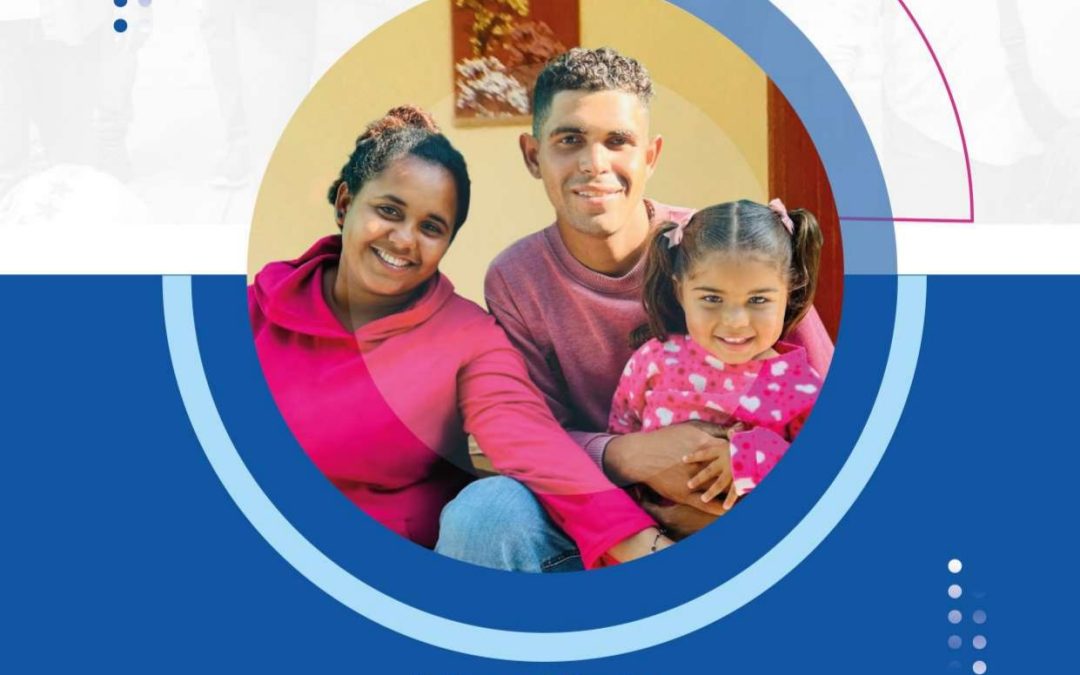
Monetary Poverty of the Venezuelan Population in Peru (2025)
Español Peru is one of the main destination countries for Venezuelans seeking safety and economic opportunities abroad; however, living conditions for many remain challenging. According to the National Household Survey targeting the Venezuelan...
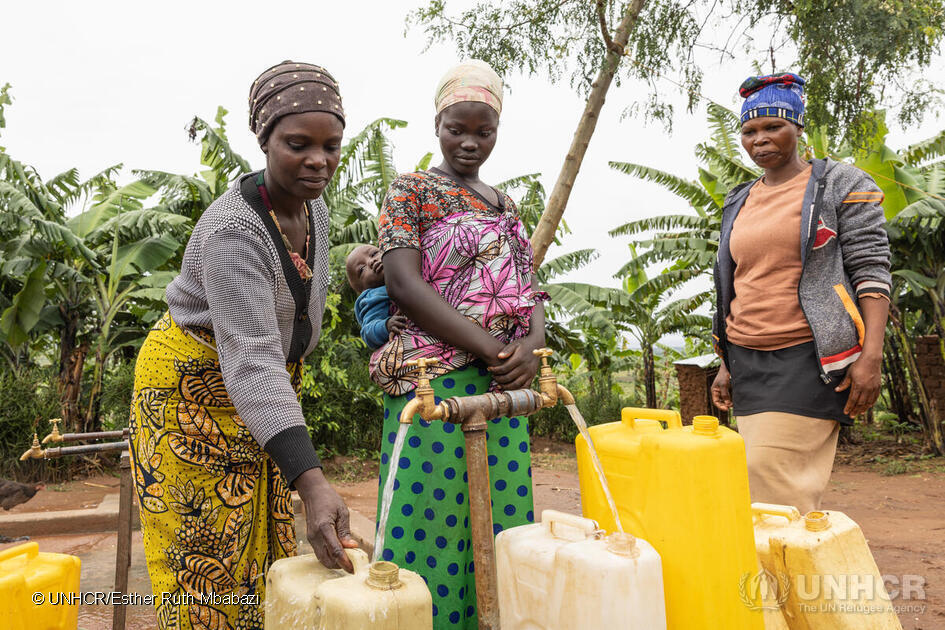
2023-2024 Uganda National Household Survey
The 2023/2024 Uganda National Household Survey Report provides data across multiple chapters, covering household composition, access to services, education, health, water, sanitation, and energy.
Activities
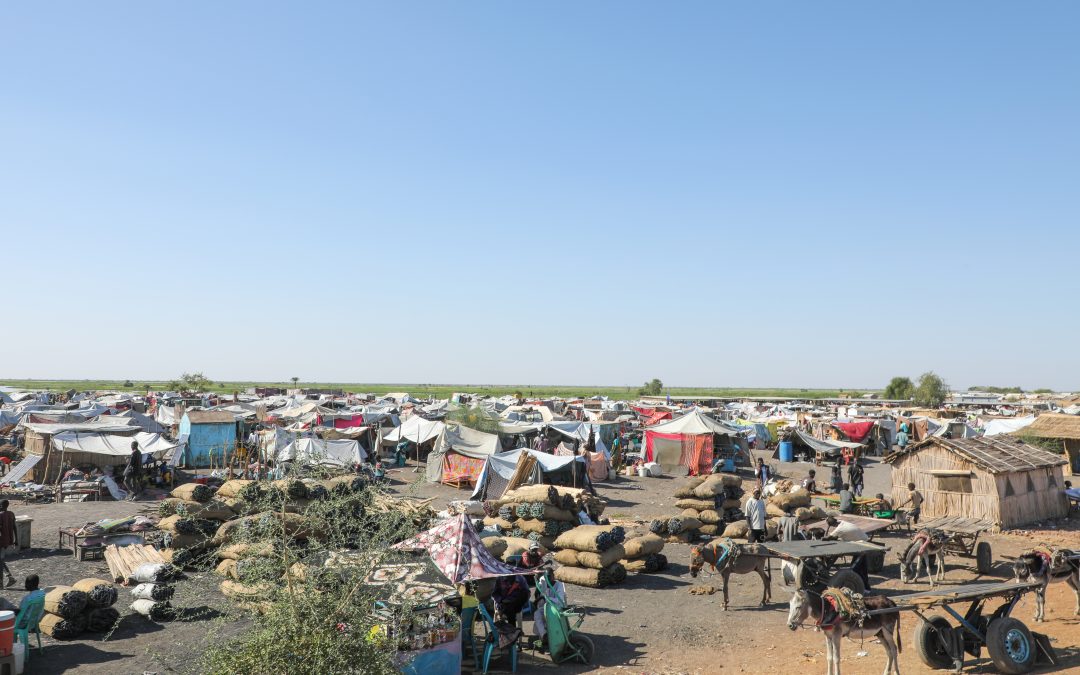
South Sudan HBS
Inclusion of include displaced populations in the upcoming Household Budget Survey.
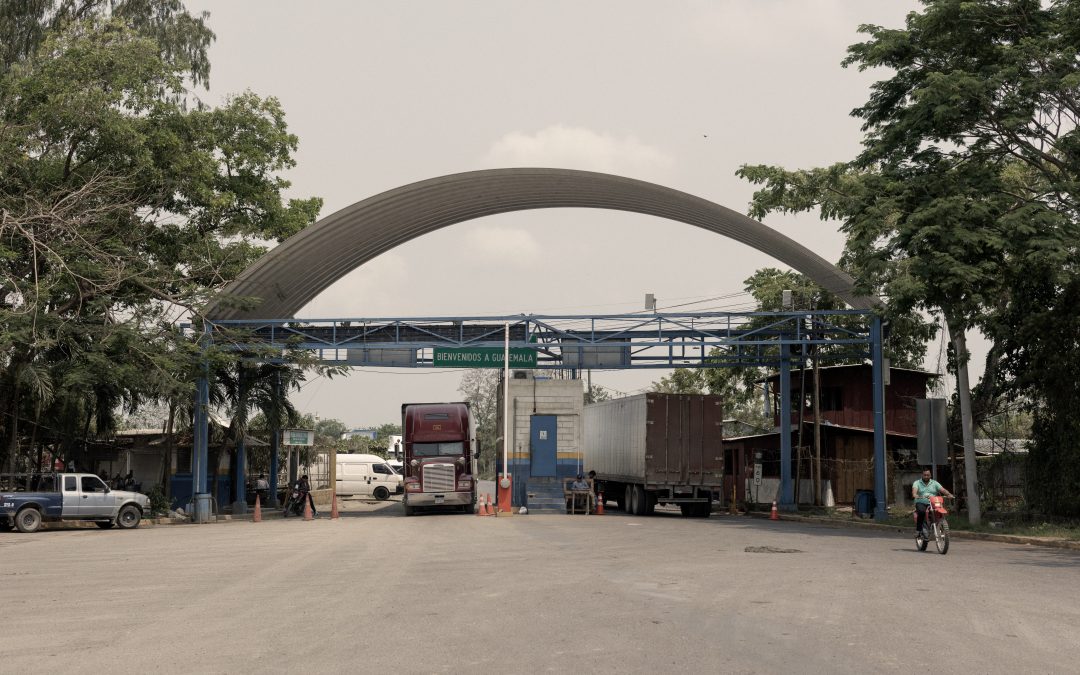
Internally Displaced People in Guatemala
An analysis of data from from the National Living Conditions Survey of Guatemala.
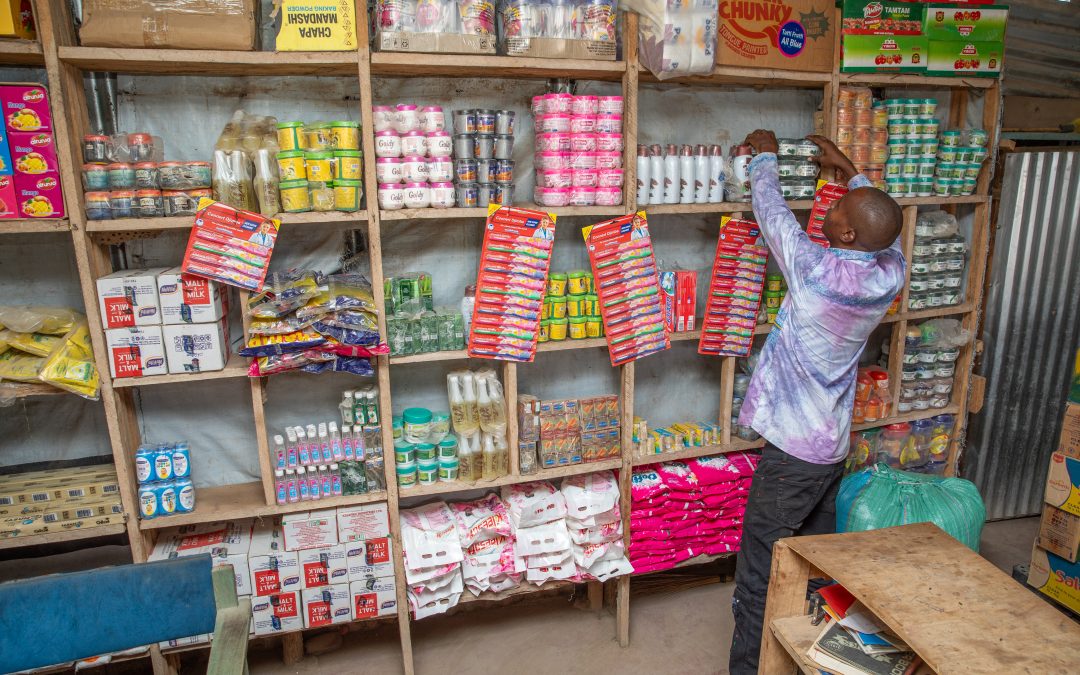
Refugees in Kenya
Inclusion of refugees in the 2025 Kenya Integrated Household Budget Survey (KIHBS).
Resources
Literature Review Database
Our searchable Literature Review Database provides summaries of recent publications and academic scholarship on forced displacement.
Access the database.
Questionnaire Finder
The JDC and the UNHCR’s Global Data Service provide a platform for accessing comprehensive statistics on the socioeconomic status, wellbeing, and living standards of forcibly displaced populations, incorporating survey-based indicators.
Visit the website.
E-learning
The e-learning course ‘Learning from the Evidence on Forced Displacement’ presents effective policies for displacement settings. The course includes eight modules created by World Bank, UNHCR, and research partners like Columbia University, ODI, and the American Institutes of Research.
Enroll in the course.
Data
Data Collection and Surveys
JDC fosters socioeconomic data collection to improve development policy and humanitarian response.
Check the JDC-supported data collection and surveys.
Forced Displacement Microdata
The dashboard lists the publicly available datasets that have a representative sample of refugees or internally displaced people by country, year, theme, and data producer, among others.
Visit the application.
UNHCR
Microdata Library
The UNHCR Microdata Library offers unit-level data on forcibly displaced and stateless individuals, gathered through censuses, registration/administrative processes, and surveys.
Access the microdata library.
World Bank
Microdata Library
The Microdata Library is a collection of datasets from the World Bank and other organizations, featuring data on forcibly displaced people, such as high-frequency phone surveys.
Access the microdata library.
Recent posts
UNHCR’s new Refugee Data Portal will be launched in 2026
UNHCR’s new Refugee Data Portal was just announced at the Global Refugee Forum Progress Review! This trailer was screened at the Progress Review in Geneva to give delegates a glimpse of the new portal that will be launched in 2026. With JDC support, UNHCR is using the...
Forced Displacement in East Africa
The JDC Marketplace on Forced Displacement Research
The Marketplace, developed by the World Bank – UNHCR Joint Data Center on Forced Displacement (JDC) as part of its “Knowledge Agenda,” connects researchers and policymakers by providing a transparent virtual platform for sharing and responding to research needs on forced displacement. It allows stakeholders to post requests, while researchers can propose solutions, with added features like searchable directories and email alerts to enhance collaboration and engagement.
Events
The JDC Marketplace on Forced Displacement Research
The Marketplace, developed by the World Bank – UNHCR Joint Data Center on Forced Displacement (JDC) as part of its “Knowledge Agenda,” connects researchers and policymakers by providing a transparent virtual platform for sharing and responding to research needs on forced displacement. It allows stakeholders to post requests, while researchers can propose solutions, with added features like searchable directories and email alerts to enhance collaboration and engagement.
4th JDC Research Conference on Forced Displacement
The World Bank – UNHCR Joint Data Center on Forced Displacement (JDC) is pleased to announce its 4th Research Conference on Forced Displacement, organized in collaboration with the Faculty of Economics of Chulalongkorn University, UNHCR, the UN Refugee Agency, and the...
Webinar on statistical inclusion for socioeconomic outcomes
On May 20, 2025, the co-conveners of the Multi-stakeholder Pledges on Statistical Inclusion and Economic Inclusion and Social Protection of Forcibly Displaced and Stateless Persons, with UNHCR’s support, hosted a webinar exploring the intersection between inclusive...
Donors

The Government of Denmark represented by Danish Ministry of Foreign Affairs

European Union represented by the EU Directorate-General for International Partnerships (INTPA)

The U.S. Government represented by U.S. Bureau of Population, Refugees, and Migration (PRM).



